Philippe announced today that François and Nicole had died in a tragic car accident last night, so we danced in groups, and when it was our turn we made a Mélodramatic speech about our deceased lover. I was trying to be big and ‘over-the-top’, as were most of us, and we were all (minus Vicky and Rik) absolutely awful. But it was fun!
~
An interrogation room: An interrogator and a terrorist. The interrogator has a small premonition: I don’t know what it is today, but something is strange. The interrogator soon finds out the first name of the terrorist, and then the surname, and then the terrorist’s birthplace. These are the same as the interrogator’s long-lost child, who he had many years ago with a woman from the enemy country, and never saw again. The father (interrogator) and the child (terrorist) are reunited…
When I got up, with me as the interrogator and Charles as the terrorist, I tried out bigger gestures – to extend and to hold more than usual. I started leaning over a chair, then I looked at the terrorist, then I looked at paradise. Then I stood up, took a few steps, then extended my arm with three fingers out, and said “three hundred people…three hundred lives…all dead.” A good start, but I was tense in my face – not showing my beauty like Philippe had been trying to get us to do. He got me to do exactly the same again, but to kill the grimace – to get the tension out of my face (this is me doing angry ‘intense’ acting). He also got me to move for the audience – with better timing and sensitivity – instead of moving when I want to. The scene was going well, and I was improvising nicely – changing my rhythms, fixed point, light… At one point I was laying down the rules in a calm but intense way: “I don’t want any funny business…any games…any lies…any bullshit. I’m going to ask you questions…and you’re going to answer them. Got it?” And my grimace must have crept back in, so Philippe got me to repeat it - speaking clearly, like a surgeon, and not showing my teeth. The scene had good shape, I was screaming at Charles and had outbursts of violence (threw a chair), as well as great moments of stillness and silence. I felt really free. I was following my impulses. I was alive and present.
Afterwards Philippe said for the story to work we need to see the father really connect the dots that the terrorist is his son. I didn't do this. I wasn’t sure of what happened next after I got his name and his birthplace, so I just went with it. I continued to get the name of the leader. But should have confirmed my suspicion that he really is my son. Oh well.
I asked if it's closer to Mélo? And he said my gestures were there, but I needed more in the voice. "Not enough pathetic and feeling...We need more...But it takes time – like Oedipus." Meaning you have to build into it.
The work I did today was really good for me. Really good. I got another taste of the freedom we constantly strive for as performers. And so I'm happy with myself.
~
“You have to show you…not too much the character.”
“We have to dream around the story and around the character.”
“When an actor is beautiful we believe…and when an actor is une merde we dream to drink a good bottle of wine instead of watching this shitty show.”
Kill the grimace – the People of Paradise can’t see your face anyway!
Walking in half circles is more beautiful because the actor always has his plexus in relation to the audience.
Mélo is good because it has the rules of theatre – fixed point, half circle, be an actor…
~
At the end of class I asked Philippe how big can we go in Mélodrama, as I felt disappointed that as a class we hadn't fully got a taste of it. Philippe said that Andre got there today. It was in the moment where he realised the terrorist was his daughter, and Philippe played this song. And at it's peak, Andre screamed, on his knees, with his arms outstretched. I see that! But how do you be over the top with everything? Maybe you don't have to. Or maybe it's subtle. I'm not sure. It's a pity we didn't risk more to be over the top. I feel like I haven't seen it enough. But that's okay. I got a good feel for it today. For me, it was like - okay, I'm stretching my arm out to point to you - now what happens if I stretch it out a bit further? And a bit further again? And I guess that has to be done with the voice, and movement, and rhythms...
People also asked Philippe what's the difference between Tragedy and Mélodrama. He said "we go to tragedy when the Gods define the destiny, and when the text is beautiful." The text is not beautiful for Mélo. Also, "if you play tragedy you are straighter and taller...Mélodrama is more bent – the pleasure to pretend you are poor." But it’s not closed. Still open.




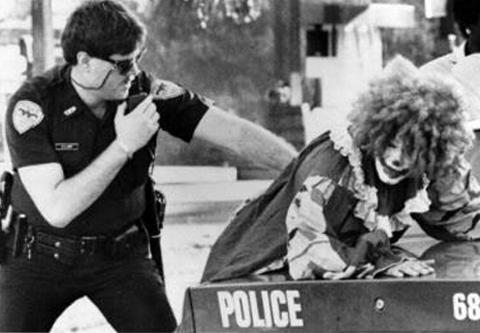







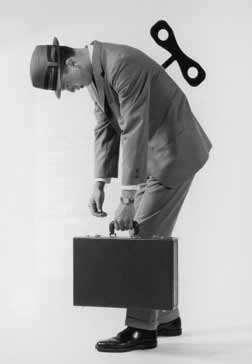




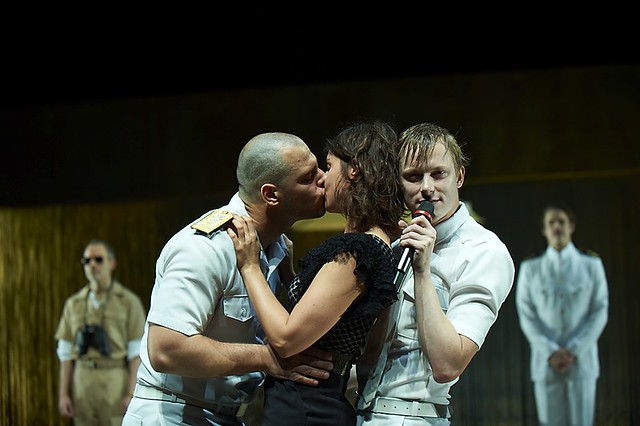





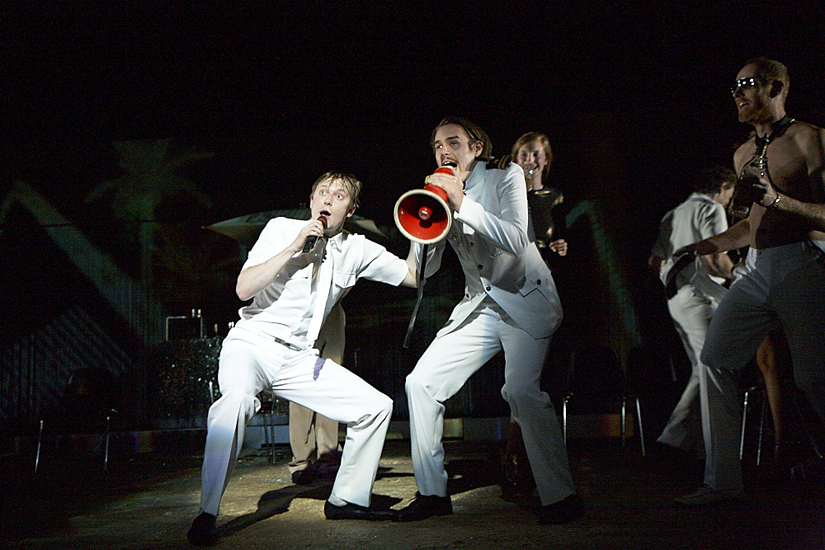





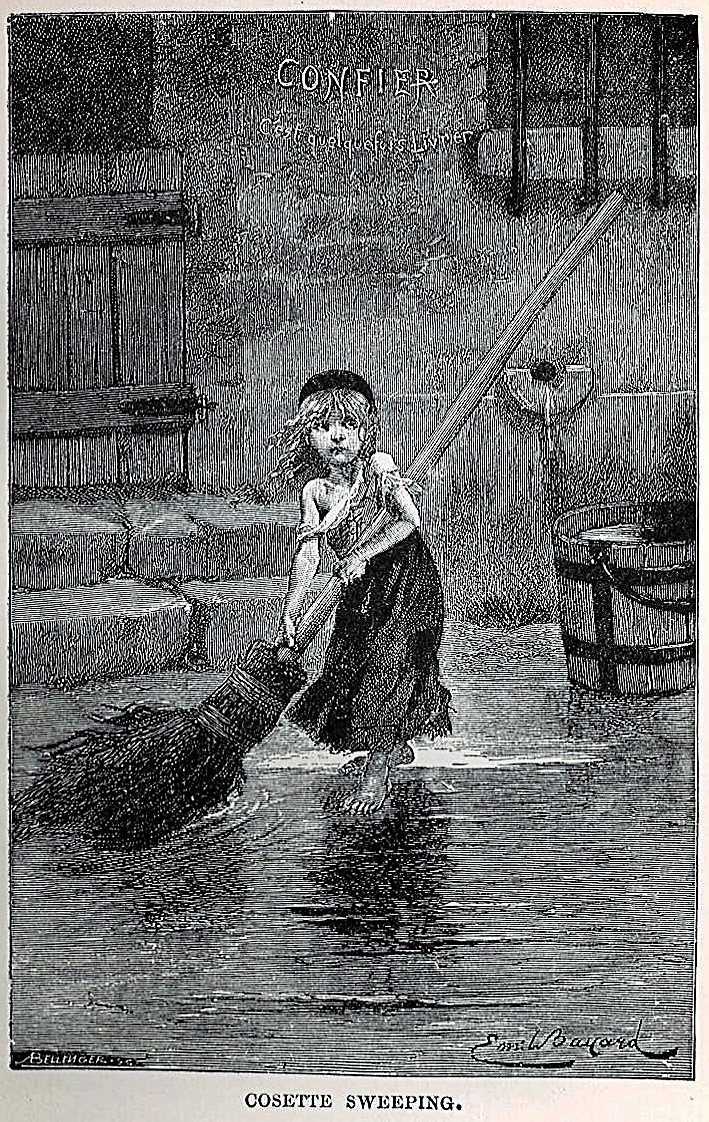








.jpg)
